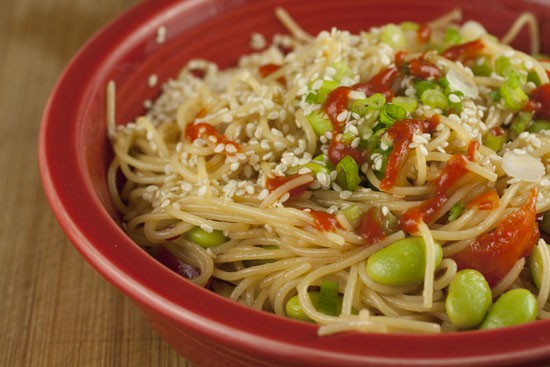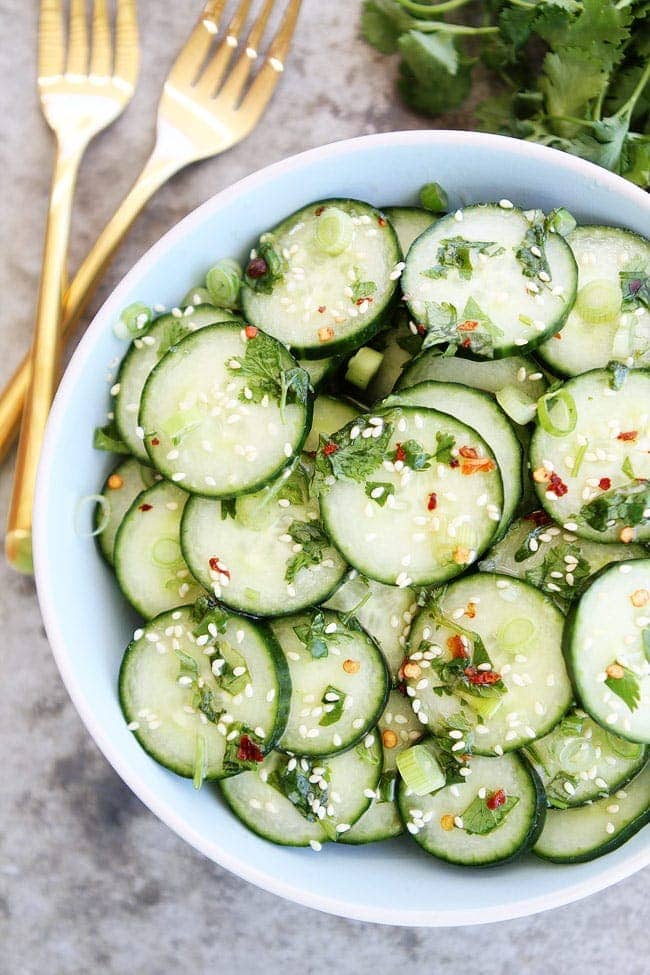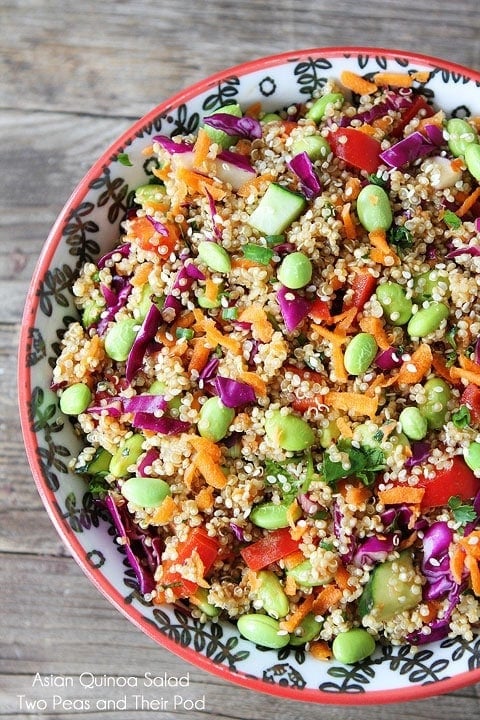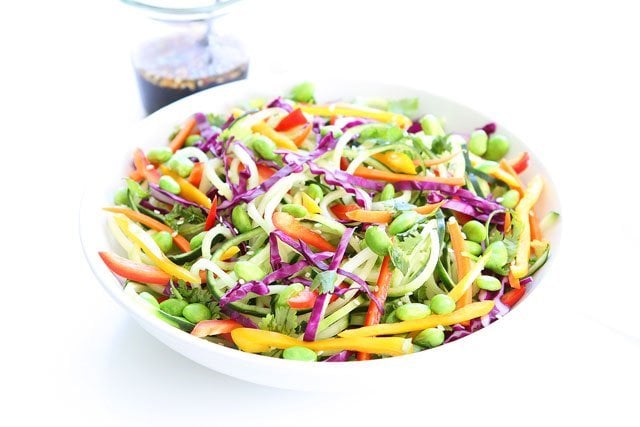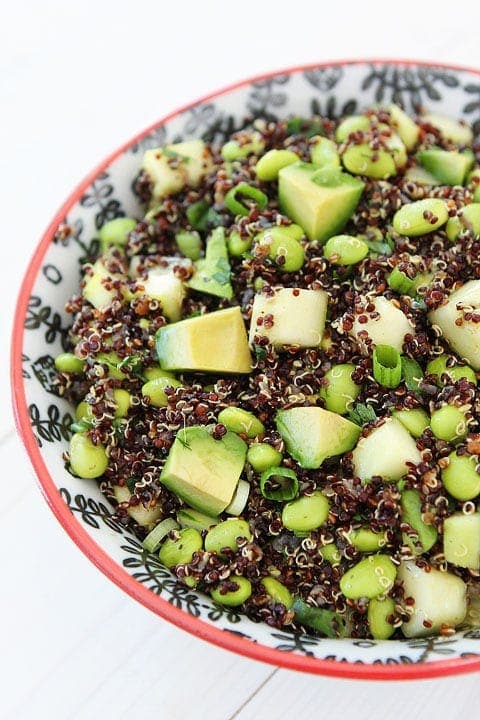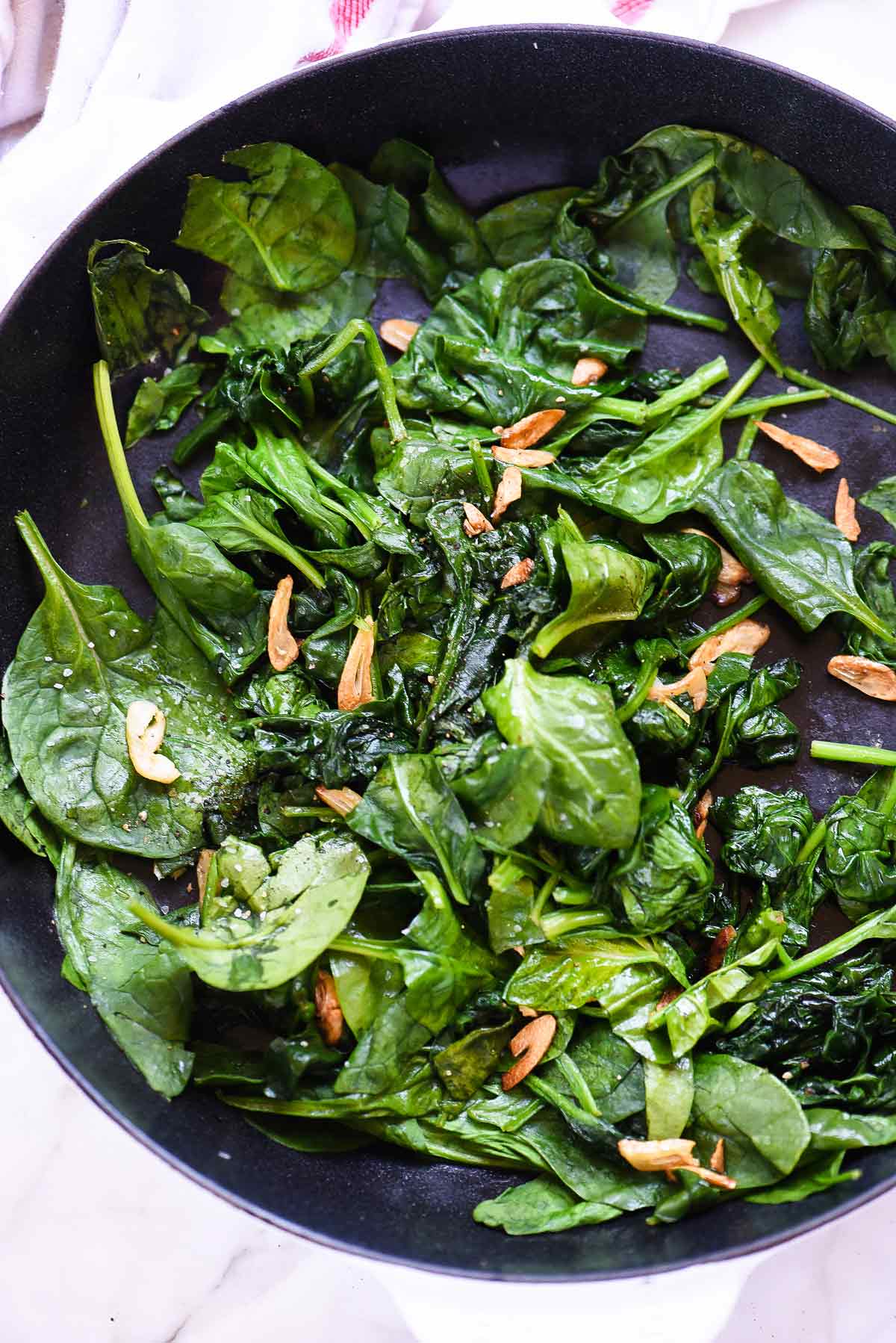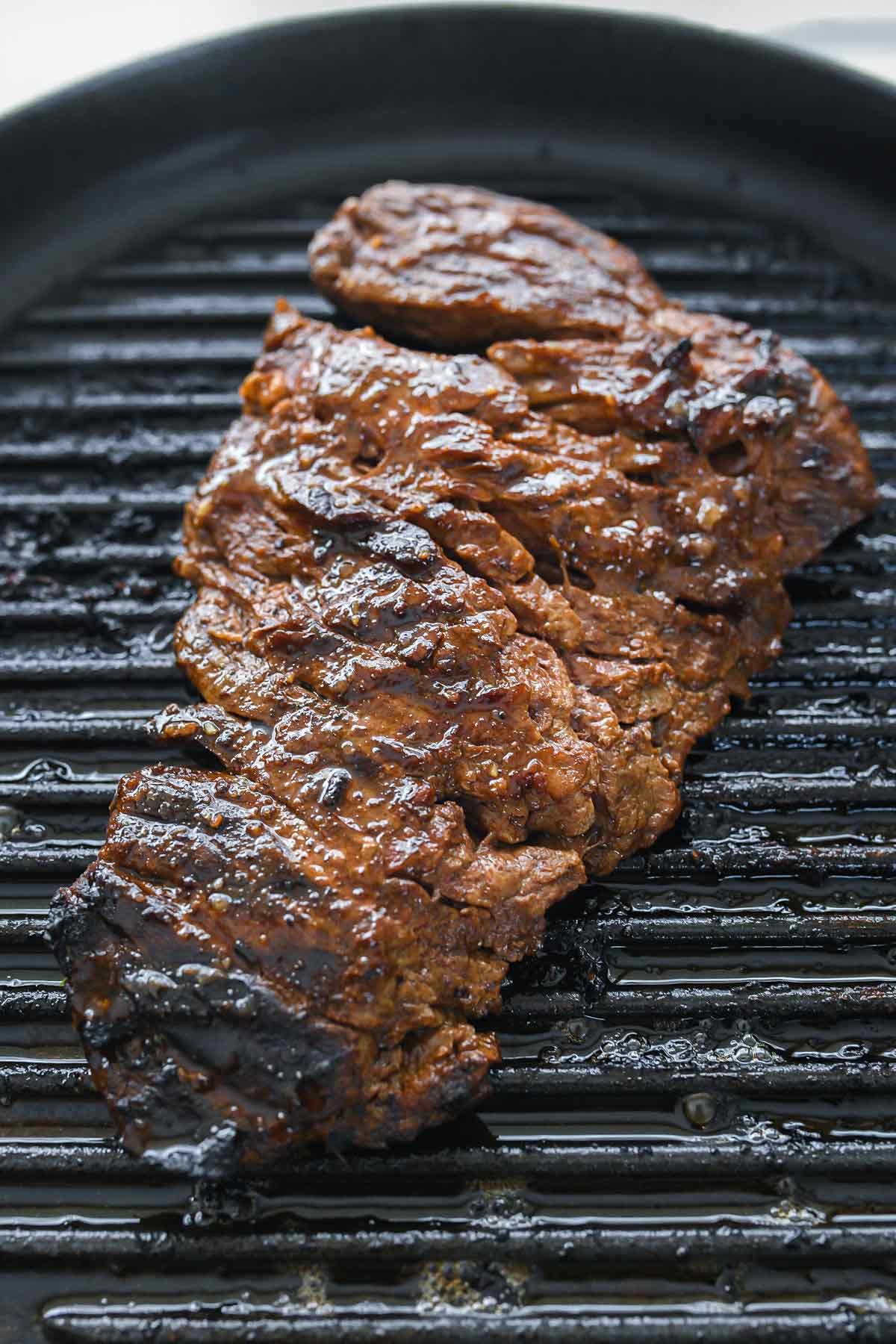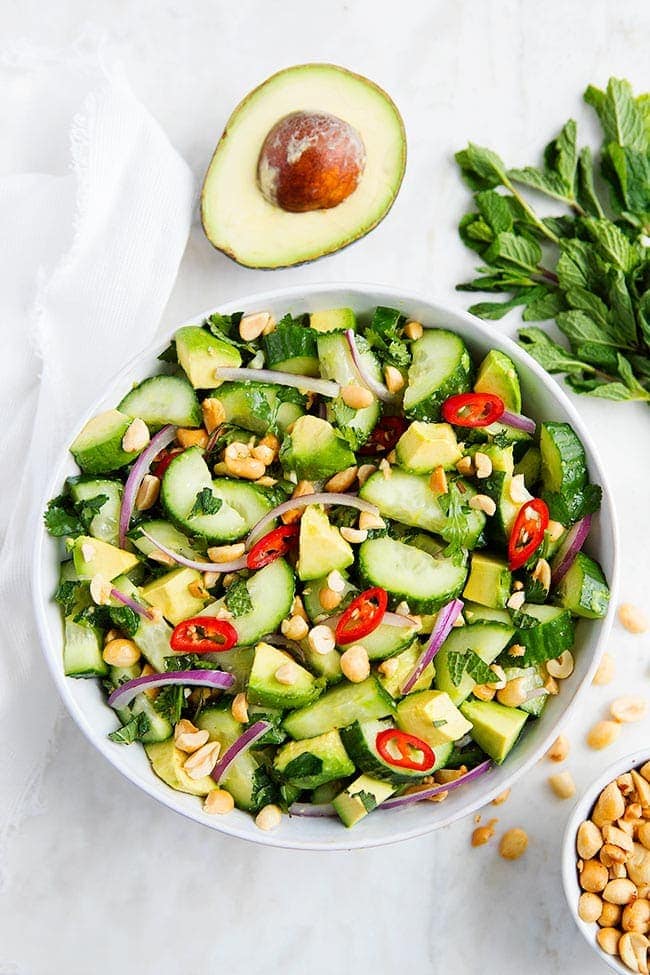Rice Wine Vinegar: Important Facts, Health Benefits, and Recipes
Explore the origins, health benefits, and culinary uses of rice wine vinegar in our ultimate guide, and learn how this versatile ingredient can enhance your dishes and well-being.
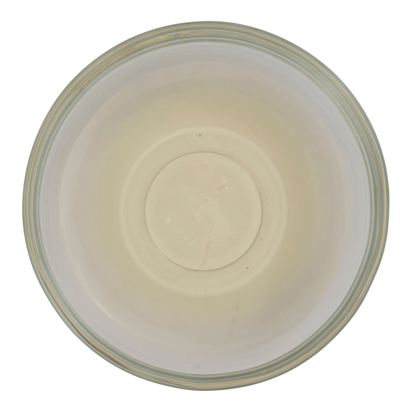
Nutritional Facts
1 tbsp
Amount per serving
Calories
2.7
Carbohydrates
0 g
Fat
0 g
Protein
0 g
Saturated Fat
0 g
Sodium
0.3 mg
Fiber
0 g
Sugar
0 g
Best Rice Wine Vinegar Recipes
-

-
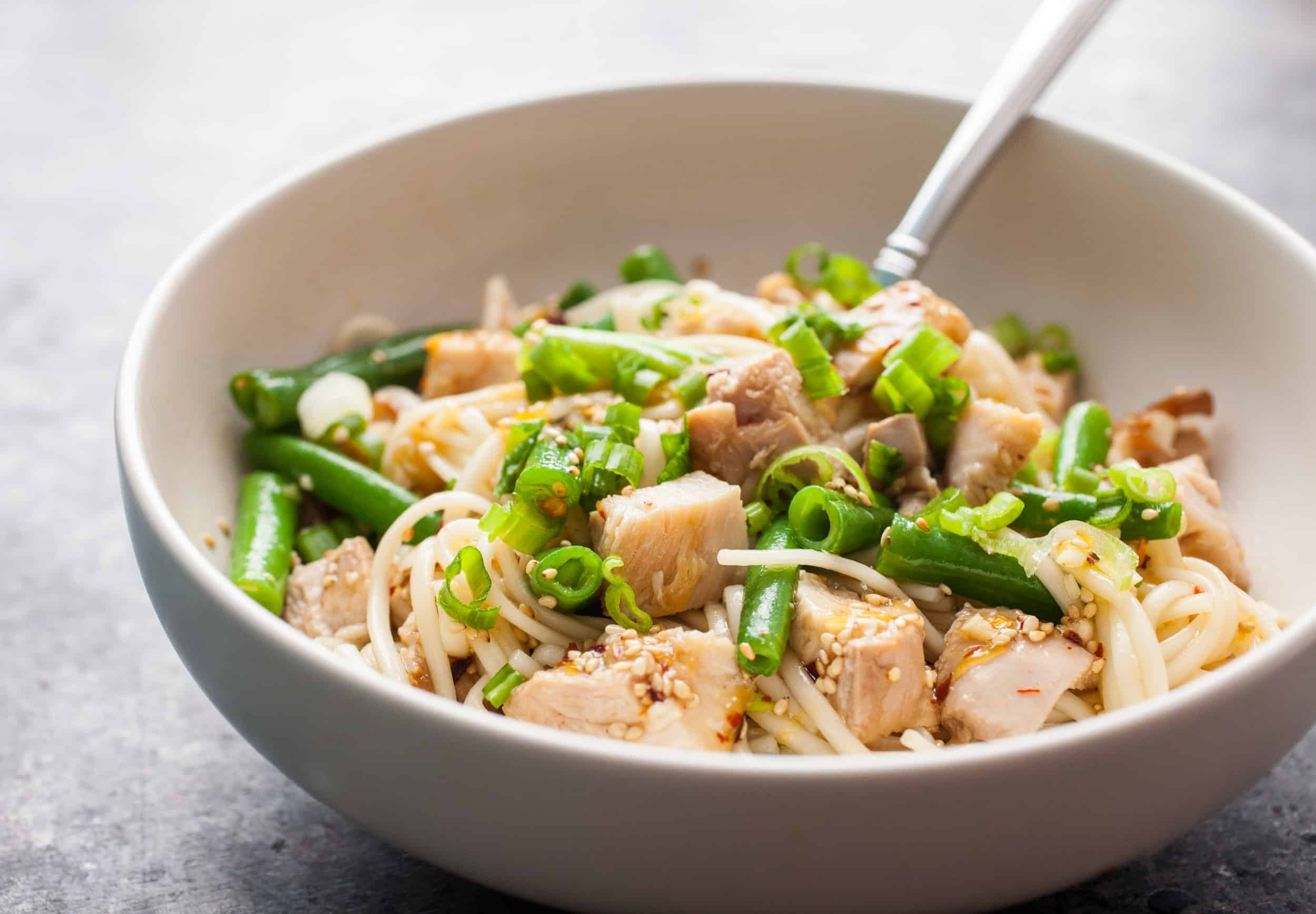
-

-
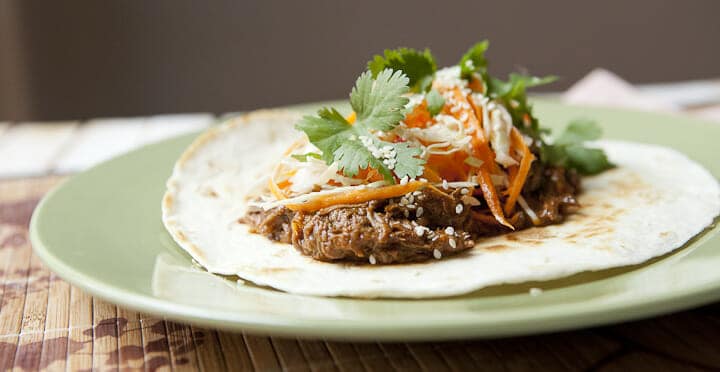
-

-

-

-
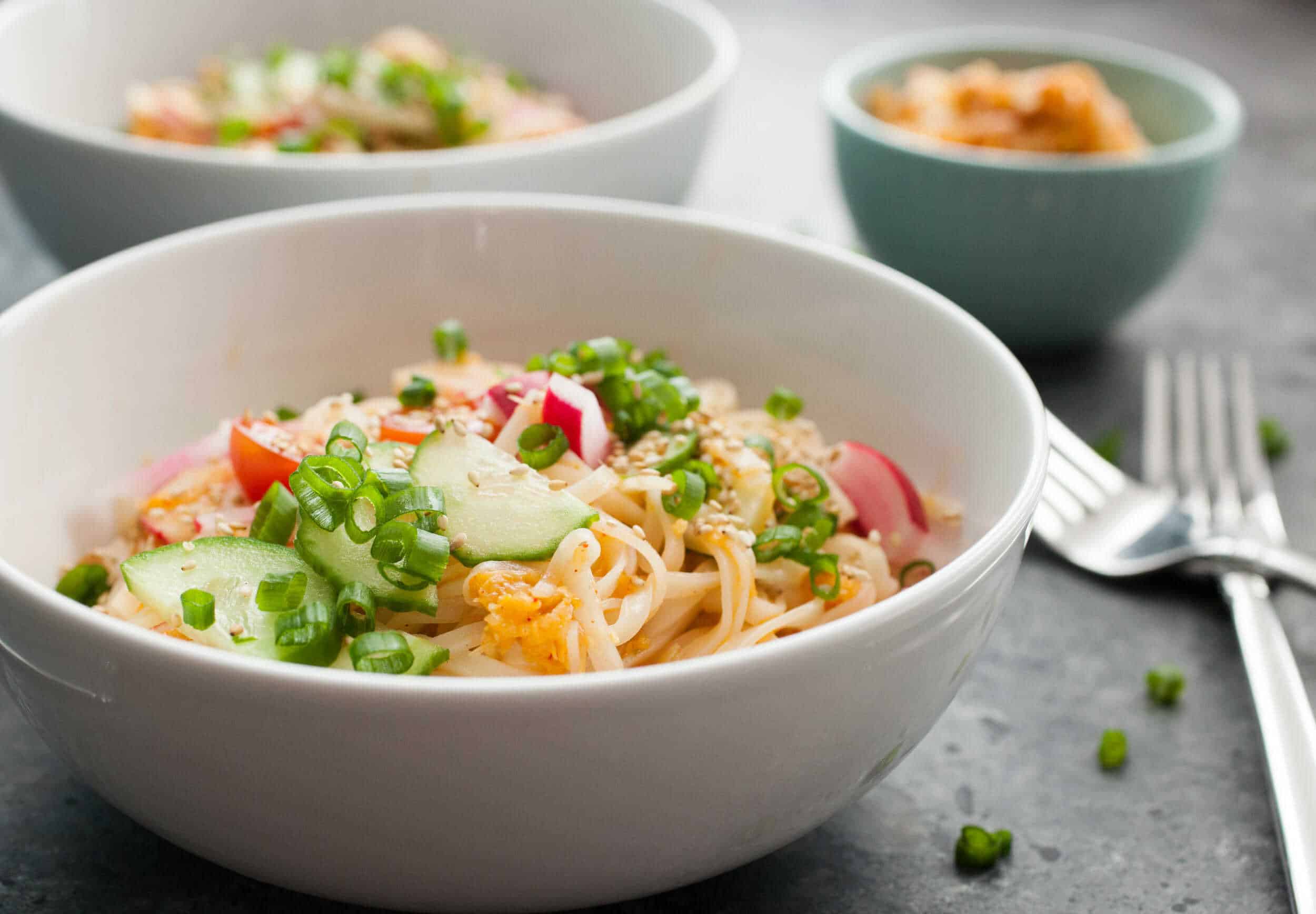
-
![Sweet Korean Chicken Wings Image]()
-
![Sesame Angel Hair Pasta Image]()
-
![Black Pepper Chicken Wings Image]()
-
![Crispy Brussels Sprouts w/ Fish Sauce Vinaigrette Image]()
-
![Orange Habanero Wings Image]()
-
![Braised Pork Shoulder Image]()
-
![Korean Steak Sandwiches Image]()
-
![Pork Spring Rolls Image]()
-
![Hot and Sour Soup Image]()
-
![Hoisin Chicken Thighs Image]()
-
![Dashi Ramen Image]()
-
![Asian Inspired Cucumber Salad Image]()
-
![Asian Quinoa Salad Recipe Image]()
-
![Asian Chicken and Vegetable Foil Packets Image]()
-
![Asian Cucumber Noodle Salad Image]()
-
![Quinoa Salad with Edamame, Cucumber and Avocado Image]()
-
![Asian Salad with Soy-Ginger Vinaigrette Image]()
-
![Sautéed Spinach with Garlic Image]()
-
![Kickin' Orange Chicken and Broccoli Rice Bowls Image]()
-
![Asian Marinade and Master Sauce Image]()
-
![Easy Asian Steak Marinade Image]()
-
![Spiralized Butternut Squash and Apple Salad with Turkey Image]()
-
![Crispy Baked Chicken Wings Image]()
-
![Crunchy Asian Cucumber Watermelon Salad Image]()
-
![Marinated Flank Steak with Asian Chimichurri Sauce Image]()
-
![Thai Chicken and Cucumber Salad Image]()
-
![BBQ Chicken Salad Image]()
-
![How to Make the Best Broccoli Salad Image]()
-
![Vietnamese Curry Chicken and Rice Noodle Salad Bowl Image]()
-
![Strawberry and Avocado with Tuna Salad Recipe Image]()
-
![Vietnamese Grilled Shrimp Spring Rolls Image]()
-
![Chipotle Honey Baked Chicken Wings Image]()
-
![Summer Berry Spinach Salad Image]()
-
![Pork Belly Sliders Image]()
-
![Thai Basil Chicken (Pad Krapow Gai) Image]()
-
![Cucumber Avocado Salad Image]()
-
![Chinese Grilled Chicken Salad Image]()
-
![Slow Cooker Lemon Chicken Image]()
-
![Grilled Mahi Mahi with Pineapple Salsa Image]()
-
![Crock Pot Honey Sesame Chicken Image]()



